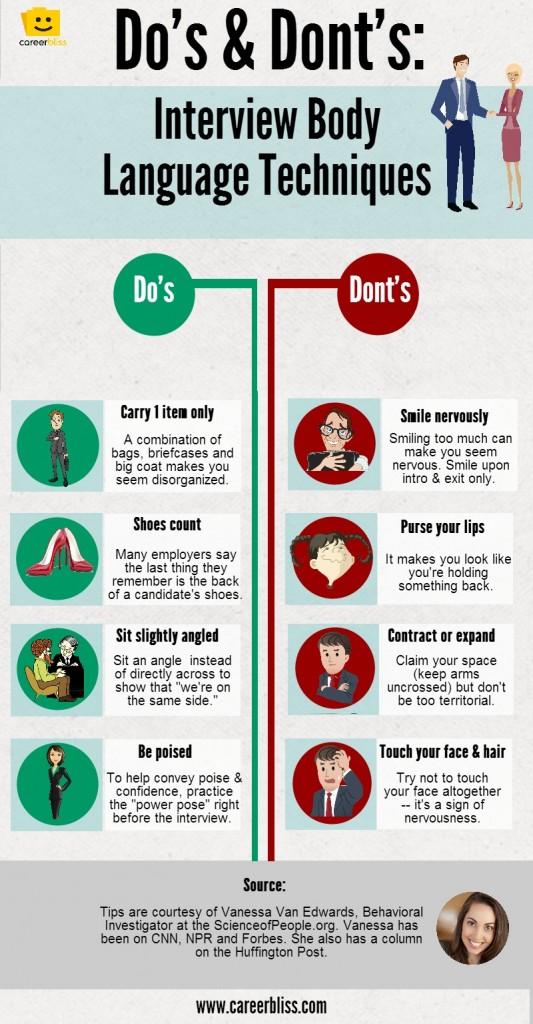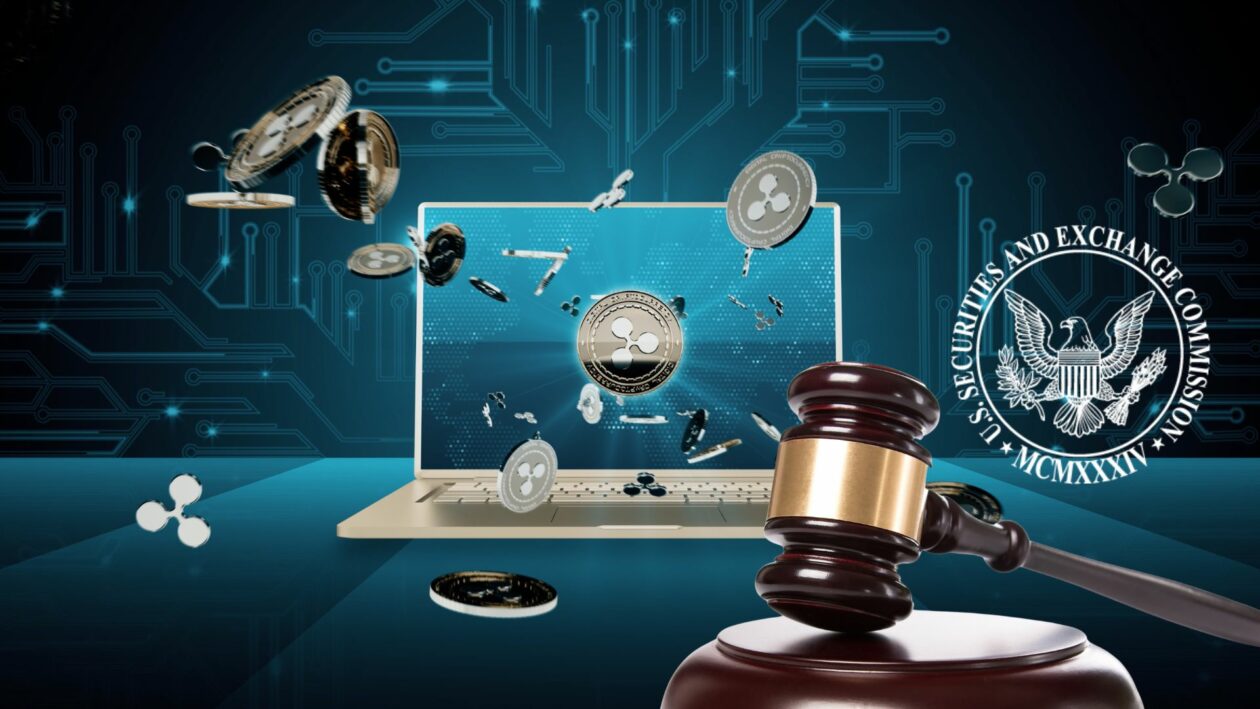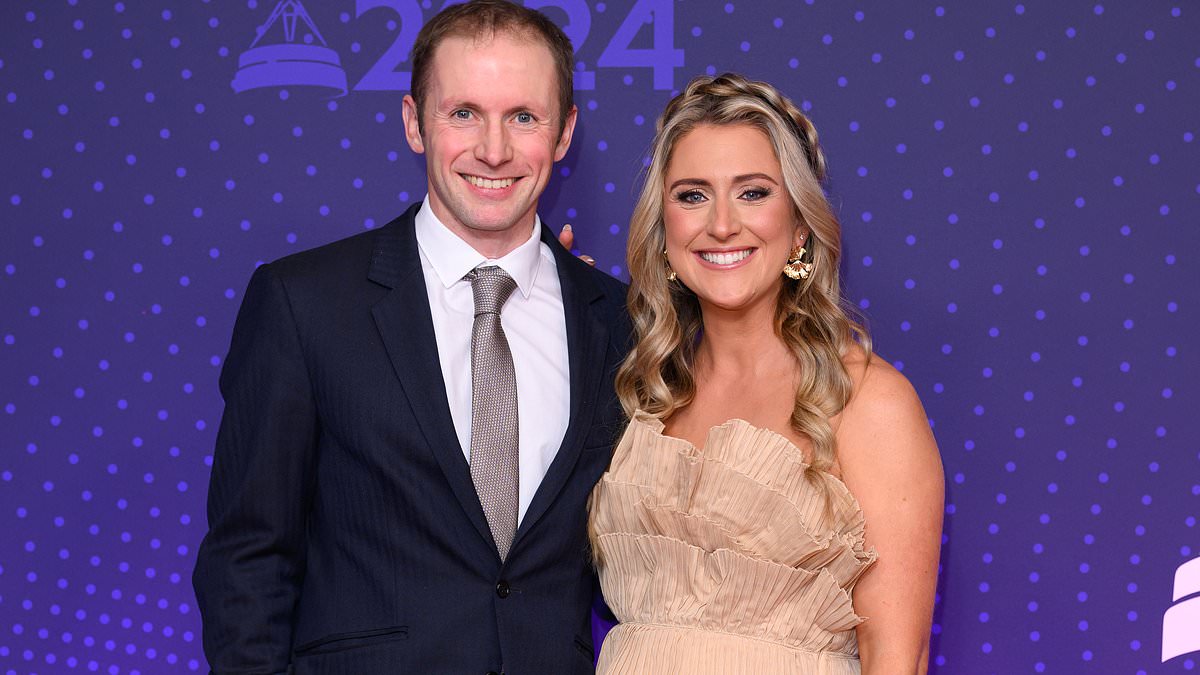Conclave: The Process Of Selecting The Next Pope

Table of Contents
The Pre-Conclave Period: Preparations and Prerequisites
The period leading up to the Conclave, often referred to as the Sede Vacante (vacant See), is a time of intense preparation and meticulous planning. It's a period marked by both mourning and the crucial logistical arrangements necessary for the smooth execution of the election process.
Death or Resignation of the Pope
The official announcement of the Pope's death or resignation marks the beginning of the Sede Vacante.
- Official announcement: The Cardinal Camerlengo, a senior cardinal acting as chamberlain, officially announces the death or resignation. This announcement triggers a chain of events leading to the Conclave.
- The period of mourning: A period of mourning follows, during which the College of Cardinals assumes responsibility for the governance of the Church. This period is characterized by solemn reflection and prayer.
- The role of the College of Cardinals: The College of Cardinals, the body of cardinals appointed by the Pope, is central to the Conclave process. Their collective wisdom and experience guide the Church through this transition.
The Role of the College of Cardinals
The College of Cardinals is composed of Cardinals from around the world. Not all Cardinals participate in the Conclave.
- Cardinal electors: Only Cardinals under the age of 80 are eligible to participate in the Conclave as electors. This age limit ensures a balance between experience and vitality.
- The Cardinal Camerlengo's temporary authority: The Cardinal Camerlengo holds temporary authority during the Sede Vacante, managing the affairs of the Holy See until a new Pope is elected.
- Preparations for the Conclave: The Camerlengo, along with other senior cardinals, oversees the logistical arrangements for the Conclave, including the security measures and preparation of the Sistine Chapel.
Seclusion and Security
The Conclave takes place in strict seclusion to ensure the integrity of the election process.
- Cleaning and preparation of the Sistine Chapel: The Sistine Chapel undergoes thorough cleaning and preparation to ensure a suitable environment for the cardinals' deliberations.
- Ensuring secrecy and preventing outside influence: Strict security measures are implemented to prevent any outside influence on the electors' choices. Communication with the outside world is strictly limited.
- Security protocols and personnel involved: The Vatican's security forces, along with specialized personnel, ensure the safety and security of the cardinals and the integrity of the Conclave.
The Conclave: Stages and Rituals
The Conclave itself is a series of formal steps and rituals designed to guide the cardinals in their selection of the new Pope.
The Oath of Secrecy
Before the Conclave begins, all participants take a solemn oath of secrecy.
- The solemn nature of the oath: This oath is profoundly significant, emphasizing the confidentiality and sacredness of the election process.
- Penalties for breaking the oath: Breaching the oath carries severe consequences, highlighting the importance of maintaining secrecy throughout the Conclave.
- Maintaining secrecy throughout the process: The oath underscores the commitment to a fair and unbiased election process free from external pressures.
Scrutiny and Voting
The heart of the Conclave lies in the scrutiny, or voting process.
- Description of the ballot papers and the process: Secret ballots are used, and the process is meticulously documented to maintain transparency and accountability.
- The role of the scrutineers and their responsibilities: Scrutiners, chosen from among the cardinals, count the ballots and ensure the accuracy of the results.
- Multiple rounds of voting if necessary: Multiple rounds of voting may be necessary until a candidate receives the required two-thirds majority.
The Announcement of the New Pope (Habemus Papam!)
The moment a candidate receives the necessary votes is a momentous occasion.
- The white smoke signal indicating a selection: White smoke billowing from the Sistine Chapel chimney signals to the world that a new Pope has been chosen.
- The official announcement from the balcony of St. Peter's Basilica: The new Pope then appears on the balcony of St. Peter's Basilica to address the world, officially beginning his papacy.
- The Papal name selection and its implications: The new Pope chooses a papal name, a significant symbolic act signifying the commencement of his pontificate.
The Aftermath: Inauguration and Papal Ministry
Following the election, the new Pope embarks on his papacy, beginning with his inauguration.
The Papal Inauguration
The inauguration ceremony is a significant event, rich in symbolism and tradition.
- The official installation ceremony: A formal installation ceremony takes place in St. Peter's Basilica, officially installing the new Pope as the head of the Catholic Church.
- The wearing of papal vestments: The Pope dons the traditional papal vestments, symbolizing his authority and the weight of his office.
- The Papal Mass: A Papal Mass is celebrated, marking the official beginning of the new Pope's ministry.
The Start of the New Papacy
The newly elected Pope assumes the weighty responsibilities of leading the Catholic Church.
- Leading the Catholic Church worldwide: The Pope guides the global Catholic Church, providing spiritual leadership and direction to billions of followers.
- Issuing papal encyclicals: The Pope issues encyclicals, official papal letters addressing important religious, social, and ethical matters.
- Addressing global issues and challenges: The Pope plays a significant role in addressing global issues such as poverty, peace, and justice, using his influence to promote dialogue and understanding.
Conclusion
This article provided an overview of the Conclave, highlighting the stages involved in selecting the next Pope, from the pre-Conclave preparations to the announcement of the new Pontiff and the beginning of his papacy. Understanding the Conclave process offers valuable insight into the traditions and procedures that govern this crucial event in the Catholic Church.
Call to Action: Want to learn more about the fascinating history and intricacies of Papal elections? Further research into the Conclave and its evolution will provide a deeper understanding of this important process within the Catholic Church. Explore the rich history of past Conclaves to gain a comprehensive perspective. Delve into the intricacies of Conclave voting procedures and the significance of the Habemus Papam! announcement. The world of the Conclave awaits your exploration!

Featured Posts
-
 Private Credit Jobs 5 Dos And Don Ts To Get Hired
May 07, 2025
Private Credit Jobs 5 Dos And Don Ts To Get Hired
May 07, 2025 -
 Ripples Xrp A Path To 3 40 Market Analysis And Predictions
May 07, 2025
Ripples Xrp A Path To 3 40 Market Analysis And Predictions
May 07, 2025 -
 Decouvrir Le Lioran Au Depart D Onet Le Chateau
May 07, 2025
Decouvrir Le Lioran Au Depart D Onet Le Chateau
May 07, 2025 -
 Lwkarnw Ykrm Jaky Shan Jayzt Alinjaz Mda Alhyat Tumnh Llnjm Alealmy
May 07, 2025
Lwkarnw Ykrm Jaky Shan Jayzt Alinjaz Mda Alhyat Tumnh Llnjm Alealmy
May 07, 2025 -
 Dame Laura Kennys Fertility Journey Ends With Healthy Baby Girl
May 07, 2025
Dame Laura Kennys Fertility Journey Ends With Healthy Baby Girl
May 07, 2025
